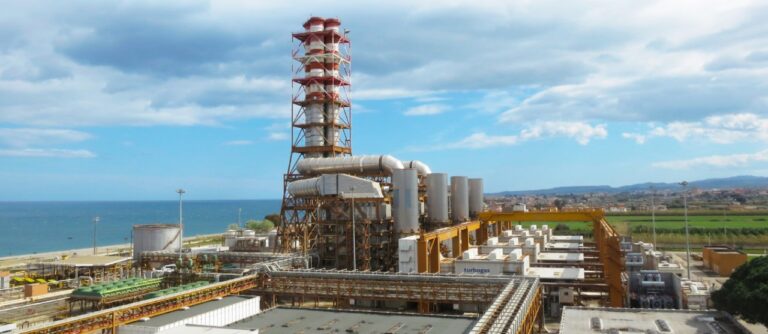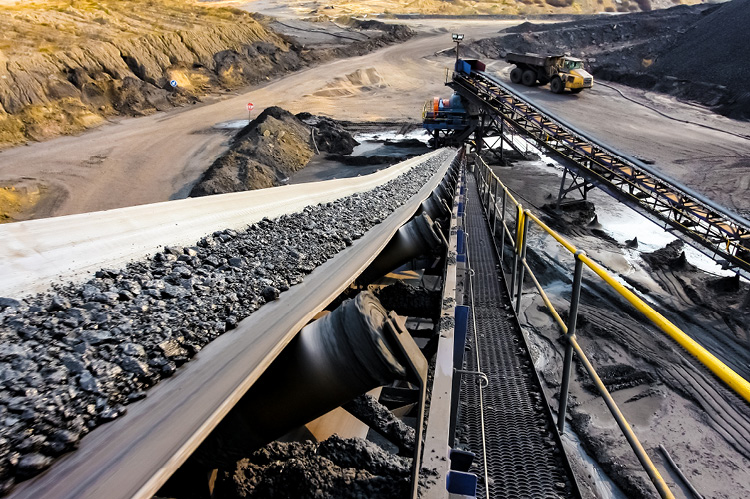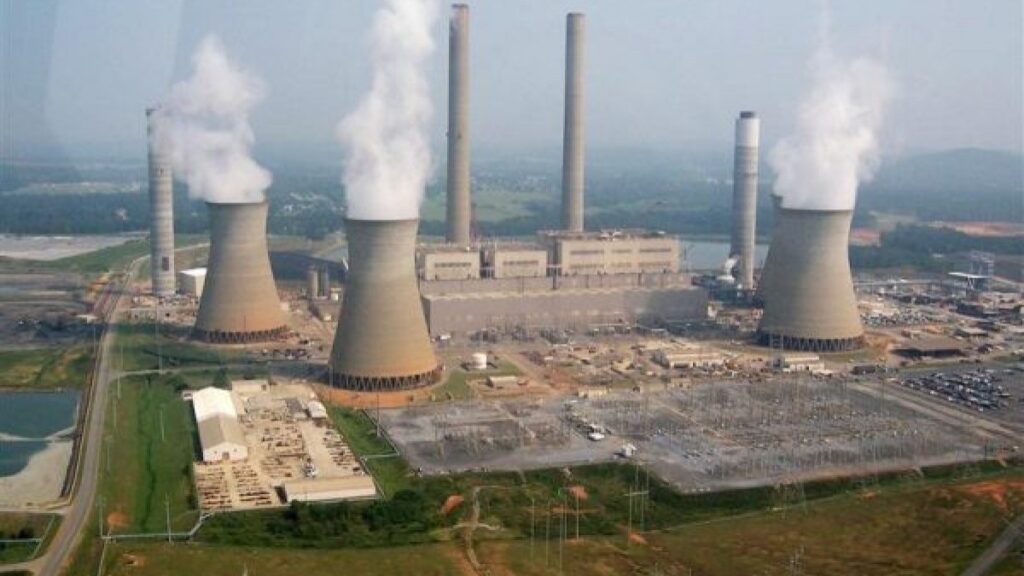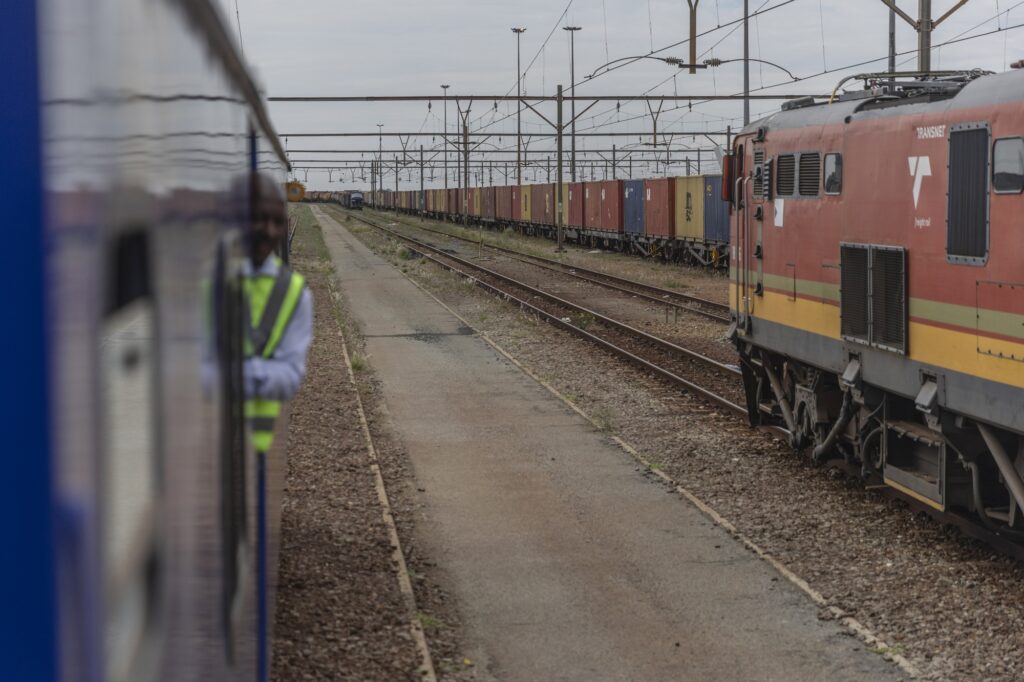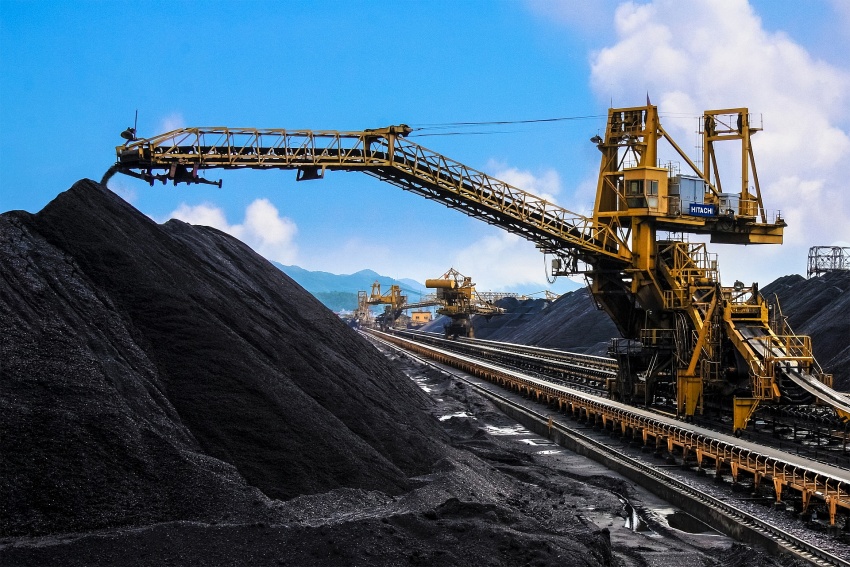South Africa has put a number on the impact of the near collapse of its freight rail network and ports: as much as 6% of gross domestic product.
A committee, convened by the country’s leading companies and government to tackle the problem, aims to restore the operations to working order and add that back to the economy. It faces a mammoth task.
Exxaro and Thungela, two of the country’s biggest coal miners, have projected that this year will be worse than last year when railings to Richards Bay Coal Terminal on the north east coast fell to a 30-year low. Kumba Iron Ore has run out of space to store the rock it digs up because it can’t get it to Saldanha Port on the west coast and has amassed a stockpile of about nine million tons.
Coal miners Glencore and Seriti are in talks to fire workers as a result of the rail problems, and people familiar with the situation say Kumba may follow suit. That makes a mockery of the projections cited by the committee in a report this month of boosting the amount of total freight railed by 30% by March 2025 and significantly increasing the amount of bulk minerals and containers processed by ports.
While a range of short-term fixes are laid out in a report produced by the National Logistics Crisis Committee, the core of the strategy hinges on bringing in the private sector to run the ports and rail lines more efficiently. And that isn’t going well.
On Dec. 14 Transnet, the state port and freight rail operator, canceled a request for quotes for an operating lease on the Container Corridor which rails goods to and from Durban, Africa’s biggest port, and Johannesburg, South Africa’s economic hub. Adding to the concern is that little has been heard since Transnet announced in July that it had selected the Philippines’ International Container Terminal Service Inc. to partly own and help run the port at Durban and would proceed to complete an agreement.
Speculation is growing that ICTSI, as the company is known, is growing frustrated with the rigidity of South Africa’s labor system. That’s seen as an impediment to improving efficiency at a harbor the World Bank ranked as 364th out of 370 in terms of efficiency in a 2021 assessment. All considered it’s looking like things will get worse before they get better if they get better at all.

